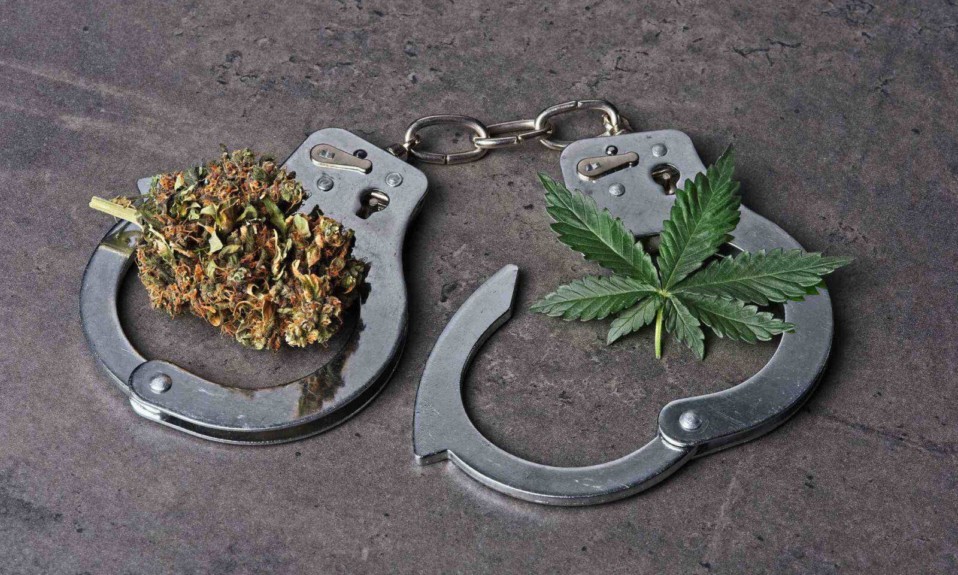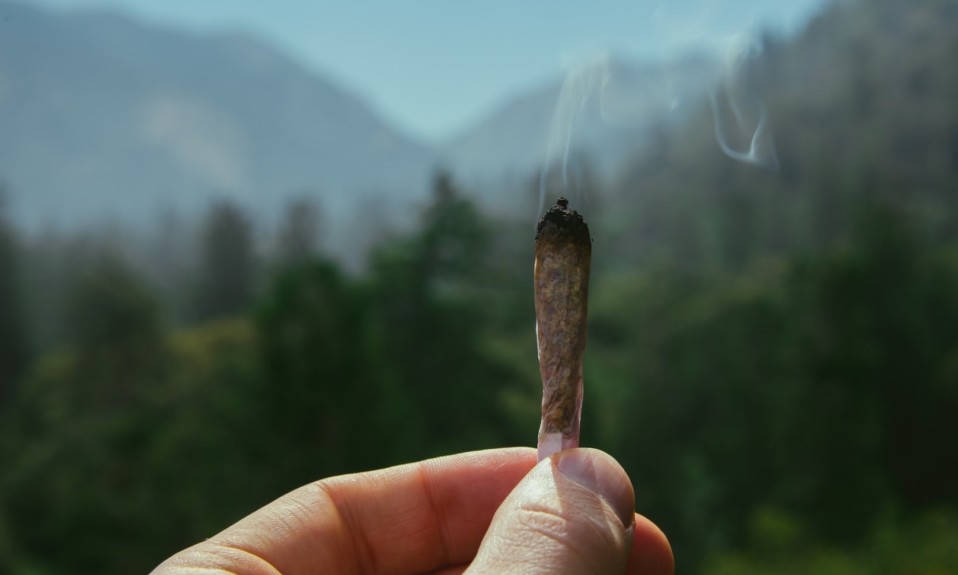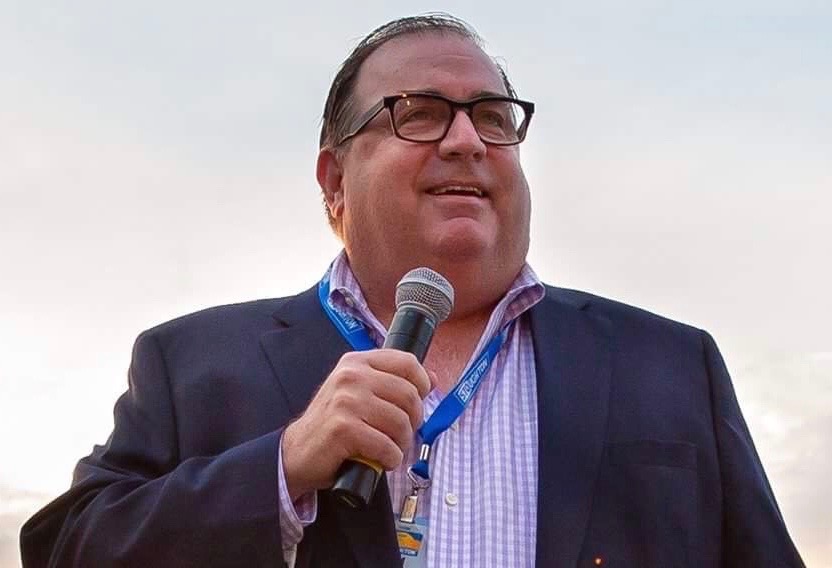Governor J.B. Pritzker announces thousands of pardons and record expungements of non-felony arrests related to cannabis decriminalization
By Jason Langendorf
January 7, 2021As the actions of lawmakers begin to catch up to the attitudes of Americans toward marijuana legalization and decriminalization, a key first step has been taken in the efforts to make amends for unjust and ineffective policy of the past.
On New Year’s Eve, Illinois Gov. J.B. Pritzker announced he had issued thousands of pardons for low-level cannabis convictions and expunged the records of almost half a million non-felony cannabis-related arrests—the result of mandates in the Cannabis Regulation and Tax Act signed into law by Pritzker in May 2019.
“Statewide, Illinoisans hold hundreds of thousands of low-level cannabis-related records, a burden disproportionately shouldered by communities of color,” Pritzker said in a statement. “We will never be able to fully remedy the depth of that damage. But we can govern with the courage to admit the mistakes of our past—and the decency to set a better path forward.”
The announcement of 9,129 pardons issued for low-level cannabis convictions and the expungement of 492,129 cannabis arrest records came almost a year to the day after recreational marijuana was made legal in Illinois, on Jan. 1, 2020.
Historically, people of color have been disproportionately affected by state and federal marijuana policy. In 2010, according to the Drug Policy Alliance, a Black person was more than four times as likely to be arrested for marijuana possession than a white person, despite a similar rate of use and selling across racial and ethnic groups.
We will never be able to fully remedy the depth of that damage. But we can govern with the courage to admit the mistakes of our past—and the decency to set a better path forward.”—J.B. Pritzker, governor of Illinois
“We are one year into what will be an ongoing effort to correct historic wrongdoings,” said Toi Hutchinson, Pritzker’s senior advisor for cannabis control. “The administration remains committed to working with legislators to address any challenges to equity and on building an industry that re-invests in our state’s communities.”
The enforcement of marijuana laws in the United States., according to ACLU data, has also been incredibly expensive:
-
$3.6 billion annually
-
$4,390 per arrest, between 2001 and 2010
-
$73,170 per felony conviction
Meanwhile, the vast majority of marijuana arrests—89%—are for simple possession, rather than selling or manufacturing. In 2015, according to the FBI, 650,000 people were arrested for marijuana law violations.
Illinois is the first state to wipe clean low-level and non-violent cannabis-related arrest records, according to Hutchinson. Advocates hope it will be the first of many. The tipping point for marijuana legalization and decriminalization may have already arrived at the state level, and Joe Biden’s apparent willingness to rethink America’s long War on Drugs could help dramatically reshape federal marijuana policy as well.
“We have every reason to believe President-elect Biden will view this primarily as a public health issue,” Michael Botticelli, former President Barack Obama drug czar, told Politico. “They recognize there is a critical component law enforcement has to play, but leading with a public health strategy.”












